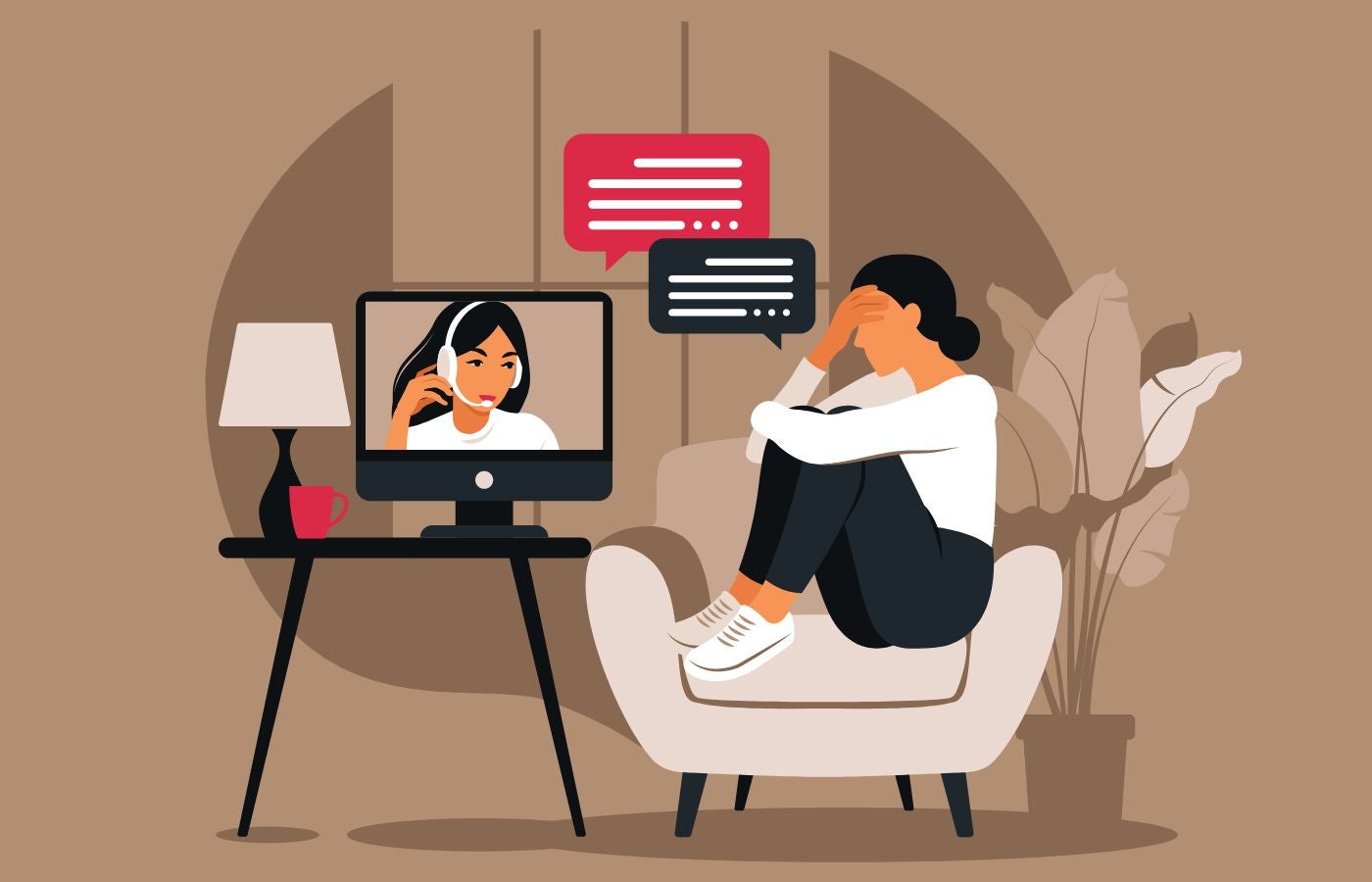
In the fast-paced world we live in, it’s no surprise that anxiety has become a common companion for many. Understanding and managing this often overwhelming emotion is crucial for maintaining a healthy mind and overall well-being. In this article, we’ll explore practical tips and strategies to help you navigate the waves of anxiety and cultivate a more balanced mental state.
Educate Yourself
Anxiety is a natural response to stress, but when it becomes chronic or overwhelming, it can be debilitating. By learning about its triggers and manifestations, you can begin to demystify this complex emotion.
Anxiety may feel like a dark cloud that hangs over your head. It can feel like something is off or wrong with your body, even though nothing is physically wrong with you. Everyone experiences anxiety differently — some people experience more physical symptoms while others notice more emotional ones. For example, some people experience more racing thoughts when they feel anxious than others do. Regardless of how it manifests, anxiety is not normal and should never be ignored or minimized by yourself or others around you.
Nourish Your Body with a Balanced Diet

Diet is a major factor in determining your overall health. The food you consume has a direct impact on your mental health. Avoid excessive caffeine and sugar, as they can exacerbate anxiety symptoms. Opt for a balanced diet rich in whole foods, providing the nutrients your body and mind need to function optimally.
Eat a variety of colorful fruits and vegetables every day. These foods are rich in vitamins, minerals, phytonutrients and antioxidants that help fight inflammation and protect against cellular damage caused by free radicals. Choose whole grains over processed products whenever possible. Whole grains contain fiber and other nutrients that keep blood sugar levels steady, preventing energy crashes that can contribute to anxiety symptoms.
Tame Stimulants
The effects of stimulants on anxiety are complex. Some people use caffeine, nicotine, and other stimulants to help manage their anxiety. Caffeine can be especially helpful for those who experience generalized anxiety disorder (GAD), which is characterized by persistent and chronic worry and tension that disrupts daily life.
However, stimulants can also cause or worsen symptoms of anxiety. For example, caffeine-induced anxiety is a common side effect associated with the consumption of coffee, tea or other caffeinated beverages.
Steer Clear of Alcohol and Recreational Substances
You may have heard that alcohol and recreational drugs can help relieve symptoms of anxiety, but this is only true in the short term. In the long run, they tend to make things worse. For example, alcohol can initially help you relax and lower your inhibitions, but it also increases anxiety as it wears off and leads to more negative thoughts.
Recreational drugs are often used by people with anxiety because they provide temporary relief from physical symptoms like rapid heartbeat and sweating. However, these drugs can cause withdrawal symptoms when you stop taking them, which can lead to more anxiety than when you started using them.
Prioritize Quality Sleep
Sleep is a crucial part of your overall health, but it’s often the first thing we sacrifice when our schedules get busy. Adequate rest is non-negotiable when it comes to mental health. Establishing a regular sleep schedule and engaging in a calming bedtime routine can significantly improve the quality of your sleep, reducing anxiety levels and improving moods.
A good night’s sleep isn’t just about feeling rested when you wake up — it’s also linked with an increased ability to focus, improved moods and better overall health. If you’re struggling with depression or another mental illness, getting enough sleep on a regular basis will help reduce symptoms such as anxiety and irritability that can make it difficult for you to cope with everyday life events that cause stress or discomfort.
Harness the Power of Exercise

Exercise has been shown to reduce stress and anxiety, and can be particularly helpful for those who tend to get stuck in negative thought patterns. Studies have shown that people who engage in regular exercise have lower resting heart rates and lower blood pressure than those who don’t.
Regular exercise also boosts self-esteem and builds confidence, making it easier to deal with stressful situations. It gives you more energy so you can feel better about yourself and accomplish more each day. And as you become more active and fit, your body will look better too!
Embrace Mindfulness and Deep Breathing
The benefits of mindfulness and deep breathing are well documented. Incorporating these practices into your daily routine can be transformative. These practices encourage you to be present in the moment, reducing the tendency to dwell on the past or fret about the future. By grounding yourself in the now, you can find relief from the constant churn of anxious thoughts.
Mindfulness has been shown to reduce anxiety, depression and chronic pain. It can also help improve sleep quality, self-esteem and overall well-being. In addition to these physical benefits, practicing mindfulness has been linked to improved memory retention and mental flexibility.
Deep breathing exercises have also been proven effective in reducing stress levels and boosting mood. The effects of these techniques are cumulative; as you practice them more frequently, they will become easier and more automatic — eventually becoming part of your daily life.
Navigating anxiety is a personal journey, and there’s no one-size-fits-all solution. By integrating these strategies into your daily life, you can begin to cultivate a more balanced mental state. Remember, progress may be gradual, but every small step forward is a victory. Be patient and compassionate with yourself as you work towards a healthier mind and a more fulfilling life.
RUCHI RATHOR Founder & CEO
Payomatix Technologies Pvt. Ltd.
FOUNDER AND INVESTOR | PAYMENTS PROCESSING EXPERT | MERCHANT ACCOUNT SOLUTIONS | WHITE LABELLED PAYMENT GATEWAY | Dreamer, Creator, Achiever, Constantly Evolving
Website Ruchi Rathor: https://ruchirathor.com
Website Healing Heart https://thehealingheart.me/
Instagram https://www.instagram.com/ruchirathor/
LinkedIn https://www.linkedin.com/in/ruchirathor12/
Facebook https://www.facebook.com/ruchi.rathor.magnificient
Tumblr https://www.tumblr.com/blog/ruchirathor-thehealingheart
Medium https://medium.com/@ruchirathor_23436









